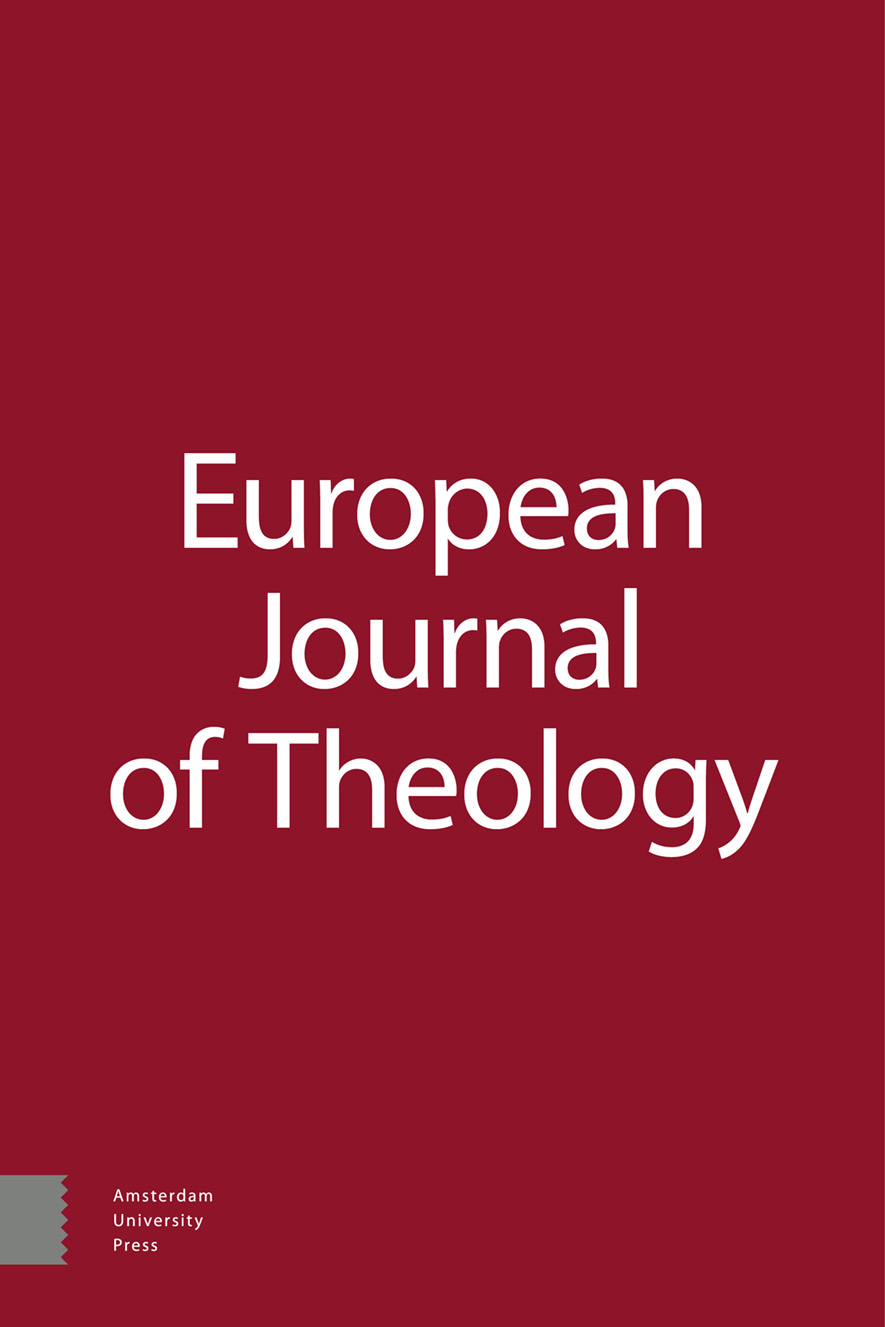-
OAReading Deuteronomy after Joshua
On Reversing the Interpretative Flow
- Amsterdam University Press
- Source: European Journal of Theology, Volume 31, Issue 1, Feb 2022, p. 6 - 20
Abstract
The Book of Joshua, especially its introductory passage, clearly presents itself as a sequel to Deuteronomy. As one reads further into Joshua, however, several elements in this book become problematic. As a result, readers of Joshua are pushed back to re-read Deuteronomy after their reading of Joshua. Do the treaties with Rahab and with the Gibeonites contravene the commands in Deuteronomy? Is Joshua 11:15 a correct verdict? The article argues that Joshua enjoys considerable freedom in carrying out commands from Yahweh which do not specify his required behaviour in detail. It then argues that the book makes clever use of anachrony, especially in the form of analepsis, which means that the narrator omits information until a later point in the narrative, encouraging readers to re-read, and perhaps re-interpret, parts of the story already narrated. When they do so, they see that divine commands in Joshua leave space for human variation and that the Book of the Torah does not address all possible issues.


